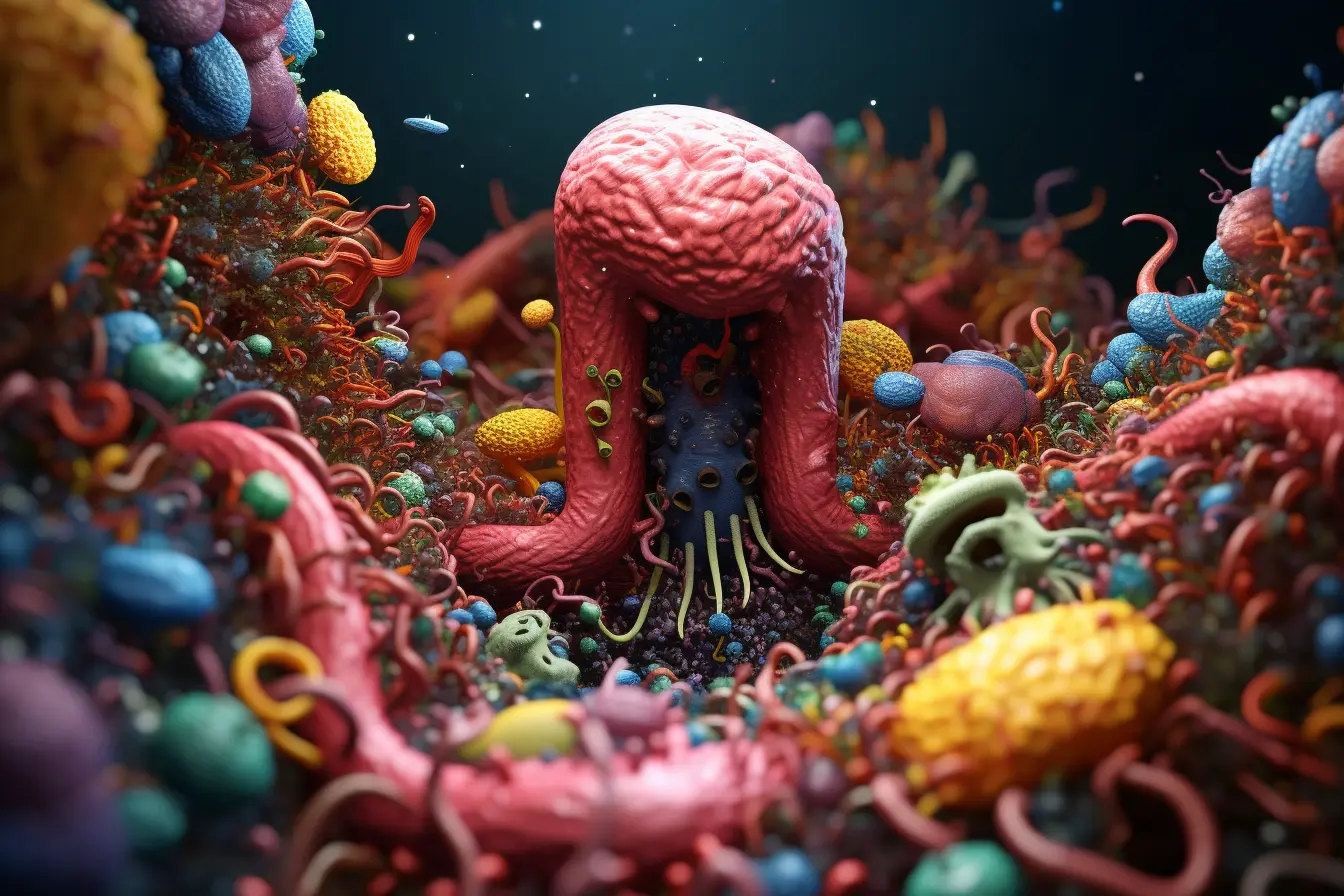Probiotics and Prebiotics: Unveiling Their Role in Gut Health
Probiotics and Prebiotics: Unveiling Their Role in Gut Health
The human gut is a bustling metropolis of microorganisms, collectively known as the gut microbiome. Two key players in maintaining this complex ecosystem are probiotics and prebiotics. Understanding their role in gut health is crucial to appreciating the intricate balance of our internal biology.
What are Probiotics and Prebiotics?
Probiotics are live bacteria and yeasts that are beneficial for our health, particularly the digestive system. They are often referred to as 'good' or 'friendly' bacteria. They are found in a variety of foods, including yogurt, sauerkraut, and kimchi, and are also available as dietary supplements.
Prebiotics, on the other hand, are types of dietary fiber that feed the friendly bacteria in your gut. This helps the bacteria produce nutrients for your body, promoting a healthier digestive system. Foods rich in prebiotics include whole grains, bananas, onions, and garlic.
The Science Behind Probiotics and Prebiotics
The gut microbiome is a complex community of microorganisms that live in our digestive tracts. These microbes play a vital role in our health by aiding digestion, producing vitamins, and protecting against harmful bacteria. Probiotics and prebiotics each play a unique role in supporting this microbiome.
Probiotics, as live microorganisms, can provide health benefits when consumed by improving or restoring the gut flora. They can help balance the 'good' and 'bad' bacteria to keep your body working as it should.
Prebiotics, being non-digestible food components, pass undigested through the upper part of the gastrointestinal tract and stimulate the growth or activity of advantageous bacteria that colonize the large bowel by acting as substrate for them.
Health Benefits of Probiotics and Prebiotics
Numerous studies have shown that probiotics and prebiotics can provide a host of health benefits. These include improved digestion, enhanced immune function, better nutrient absorption, and even potential effects on mental health.
Probiotics have been found to be beneficial in managing gastrointestinal conditions such as irritable bowel syndrome (IBS), inflammatory bowel disease (IBD), and infectious diarrhea. They may also support immune function, enhance the skin's health, and contribute to managing obesity.
Prebiotics, by promoting a healthy gut microbiota, can potentially lower the risk of obesity, type 2 diabetes, and cardiovascular disease. They may also enhance calcium absorption, promoting bone health.
Incorporating Probiotics and Prebiotics into Your Diet
Incorporating more probiotics and prebiotics into your diet can be a simple and effective way to improve your gut health. Foods rich in probiotics include fermented foods like yogurt, kefir, sauerkraut, and kimchi. For prebiotics, consider adding more whole grains, bananas, onions, and garlic to your meals.
Remember, a balanced diet is key to maintaining a healthy gut microbiome. So, while probiotics and prebiotics are important, they should be part of a diet that includes a variety of foods.
In conclusion, probiotics and prebiotics play a vital role in maintaining a healthy gut microbiome. By understanding their benefits and incorporating them into our diets, we can support our overall health and wellbeing.
